Difference Between a Prepper and a Survivalist
Most of you reading this may already understand the importance of being ready for whatever life throws at you. However, you may be stuck with the misconception that a prepper and a survivalist are the same types of person. After all, both concepts focus on how to survive a natural disaster or any other threat that comes their way. So, if they really are different, what sets them apart? Let’s talk about the difference between a prepper and a survivalist.
Related: 50 Signs You Might Be a Prepper
I’d be more than happy to help straighten this out for you. There are actually a number of pretty big differences between what a prepper and a survivalist are. Here is a look at how they are similar in a few ways. I also mention many differences between the two, along the way. In case you missed this post, 30 Items You Need To Survive A Pandemic
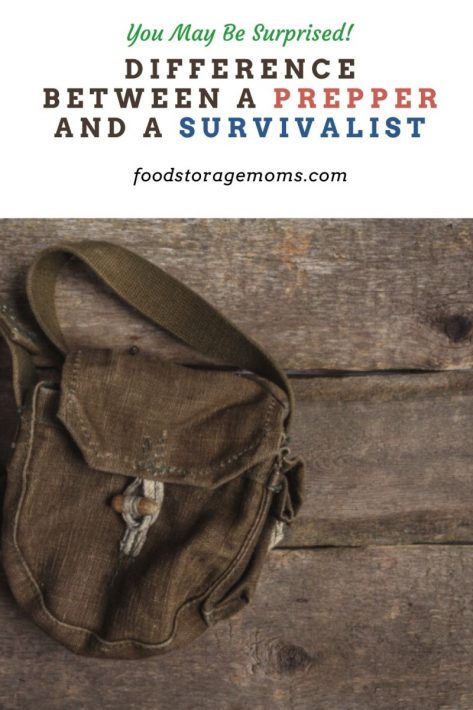
Different Ways that Preppers and Survivalists are the Same
Let’s start out by discussing the similarities between a prepper and a survivalist. Most importantly, they both have a similar core value. This value is that they are eager to survive any type of natural disaster, war, civil unrest, and other potential threats.
- They choose to be self-reliant. Rather than having to depend on others and the government to assist them following these deadly occurrences.
- Neither of these people necessarily live out their lives in constant everyday fear like we’ve been led to believe.
- They just have a stronger desire to survive challenges than most other people.
In order to make this happen, it requires planning and preparation for both of these individuals long before these scary scenarios ever play out. This is where the line is drawn to separate the two because a prepper and a survivalist prepare in very different ways.
Several Ways that Preppers and Survivalists are Different
To the untrained eye, preppers and survivalists seem to be the same type of people. However, on multiple occasions, these terms have even been incorrectly used interchangeably for the other. But as it turns out, they are more different than they are the same. Here’s a look at the most obvious differences between them.
Preppers Stockpile Supplies
Preppers are more focused on stockpiling supplies in order to survive through an emergency situation. They’re more focused on survival “stuff.” If a person was to walk into their home, it’d be easier to spot the prepper than a survivalist and the preparations that they’ve made.
- A prepper is considered more serious as far as preparations go and they will spend more money in the process.
- Preppers tend to gather enough non-perishable foods, tools, and supplies. This is so that they can continue living comfortably within their homes, even long after the emergency is gone.
- However, there is a degree of difference in how far a prepper is willing to go. There are preppers out there who take it to a whole other level and go to even further lengths by creating bug-out locations far away from their homes to ensure their survival.
Survivalists may gather supplies, but they’re more interested in living off of their surrounding resources rather than being bunkered down to a particular location. They are more of a minimalist type of individual, while preppers may take on a hoarding approach when it comes to survival items. Take note that survivalists often believe that “less is more,” while a prepper believes that “more is better.”
Survivalists Depend on Skills and Surrounding Resources
A survivalist is not dependent upon civilized life along with the comforts that it brings. They are more eager to use their skills and knowledge that they’ve gained in order to continue functioning from day-to-day.
- Building a shelter, fire, and treating wounds is something that they could do in their sleep. This provides them with many more options if they are ever forced to evacuate their homes following a disaster.
- Survivalists are more dependent, or at least, lean more heavily on living off of the land while taking advantage of their surrounding resources.
- They’re willing to plant seeds to grow crops, forage, hunt, and fish for their meals, and gather their water from the nearest water source available to them.
- The only drawback to this is that if they are ever faced with a “doomsday scenario,” it will only be a matter of time before the resources start to run out.
Preppers Prefer Groups While Survivalists Would Rather Be On Their Own
Another key difference between these two is that preppers tend to share and make plans with others, while survivalists are more likely to survive these types of scenarios on their own. Most survivalists would seek to get off the grid and away from people instead of remaining in heavily populated areas. Preppers do like to seek out remote locations where resources are numerous and will not be used by many other people.
Preppers tend to share their knowledge with others and see the value and strength in numbers, whether they choose to tell their friends, family, co-workers, and neighbors. Survivalists tend to thrive during these times with just their family or one or two close friends.
This does not mean that there aren’t preppers out there who would prefer to be on their own, and there are certain survivalists who desire the company of others. But overall, this is an observation that testifies to the majority of these two groups and how they go about survival.
Survivalism is a Lifestyle While Prepping is a Lifeline
Preppers are generally people who gather and stockpile supplies in order to create a “lifeboat” to get them through the hard times. They do this with the hope that things will return back to normal before they start to run out. Survivalism isn’t something that these people use only when the crisis takes place. Keep in mind that survivalists use survival skills on a daily basis so that they aren’t left depending upon others. Survivalism is a lifestyle.
Difference Between a Prepper and a Survivalist
Final Word
There are several key differences between a prepper and a survivalist, however, both of them are willing to not only fight for their survival, but even thrive through any disaster situation. One is not better than the other, but rather it’s based more on your skills, or lack thereof, which determines which method is in the best interest of you and your family. Some people are even a mixture of both of them. Which of these two types of people would you consider yourself to be? What do you think is the difference between a prepper and a survivalist? May God Bless this world, Linda.
Copyright Images: Old Army Bag Deposit photos_226112338_s-2019 (1)

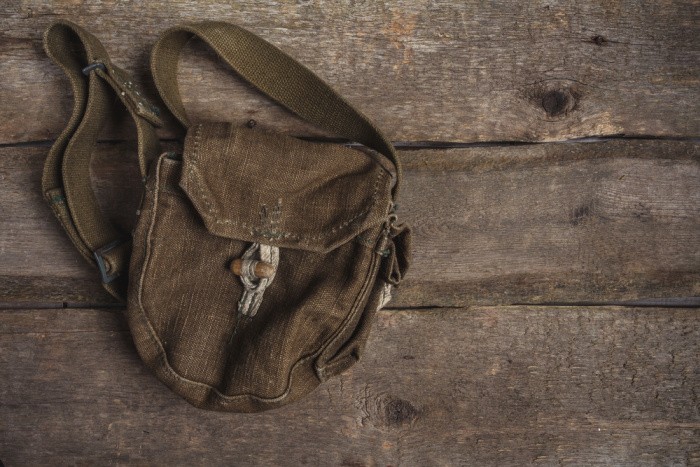

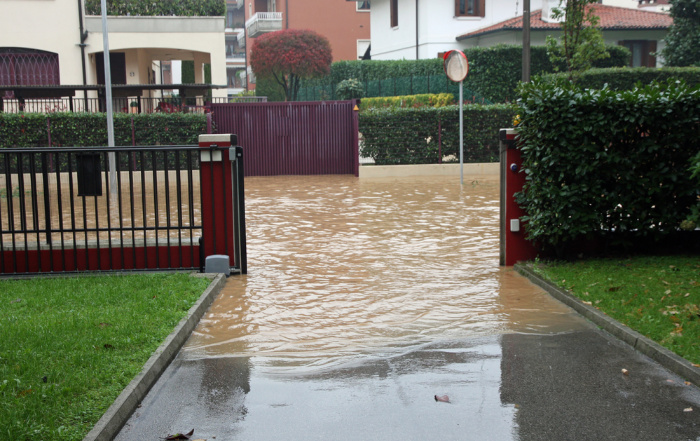
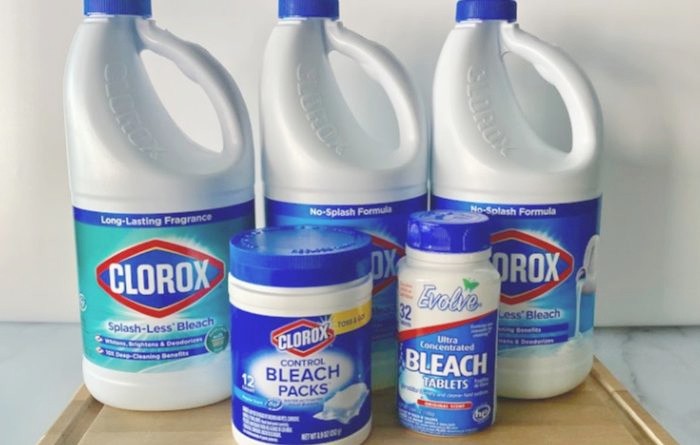
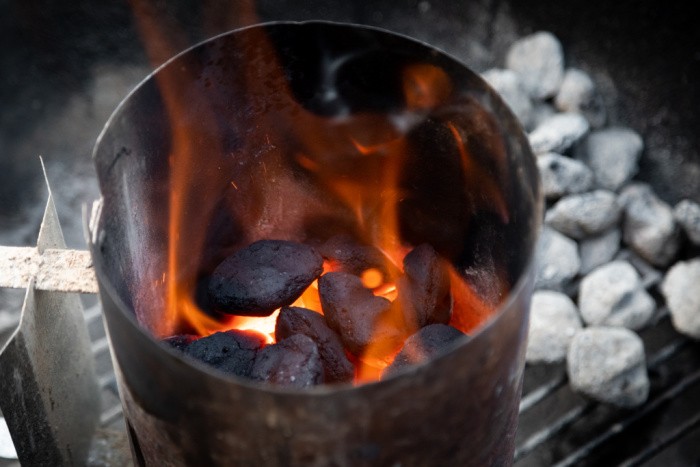
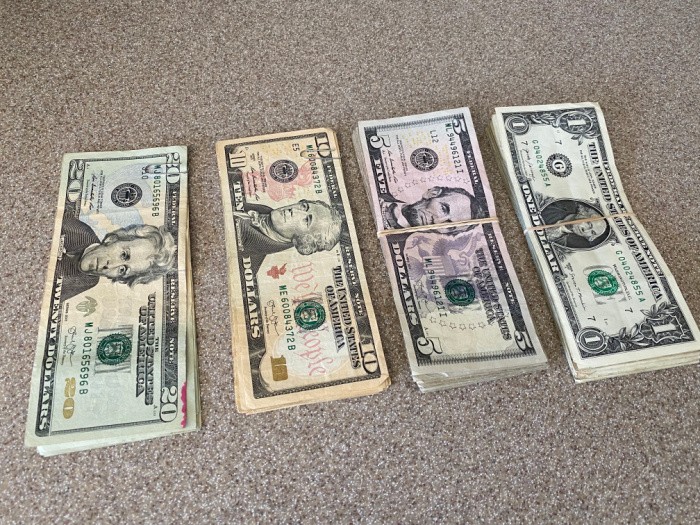
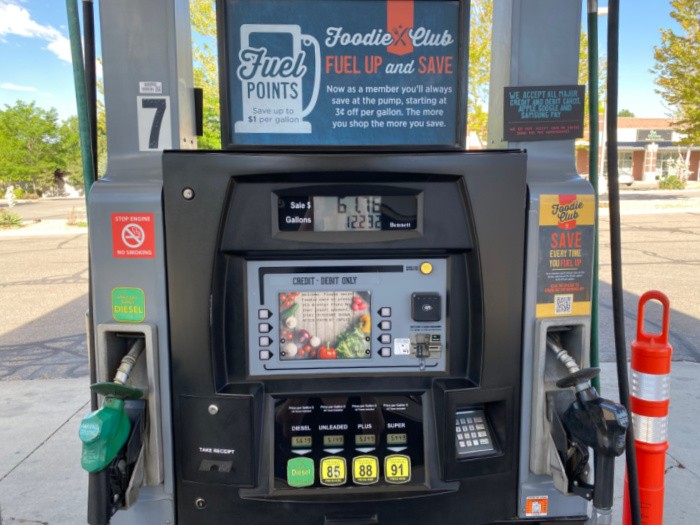
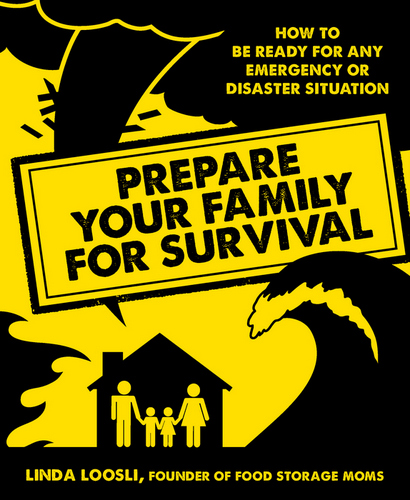
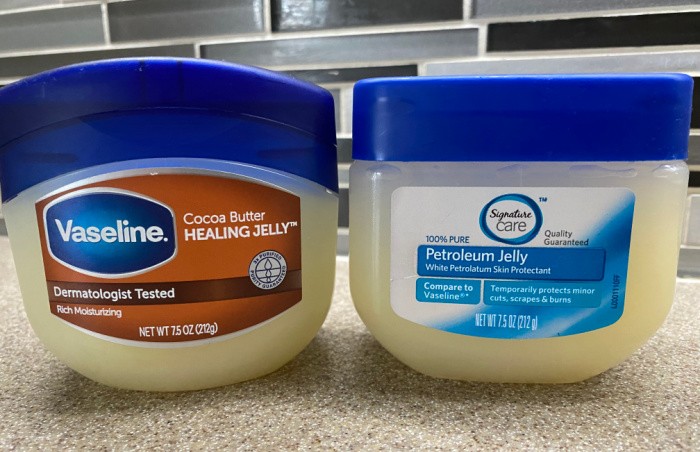
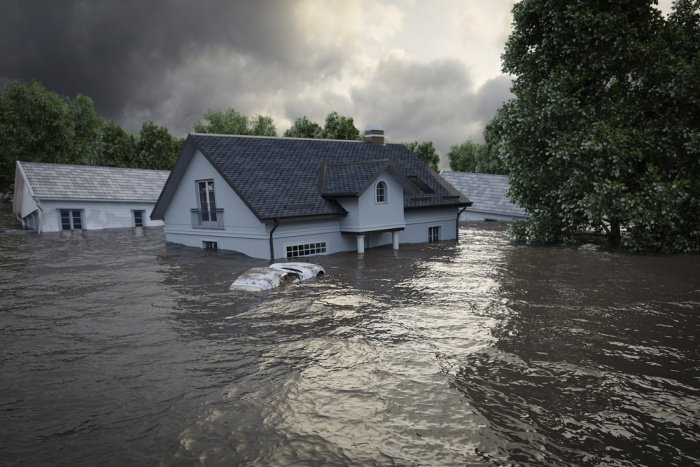
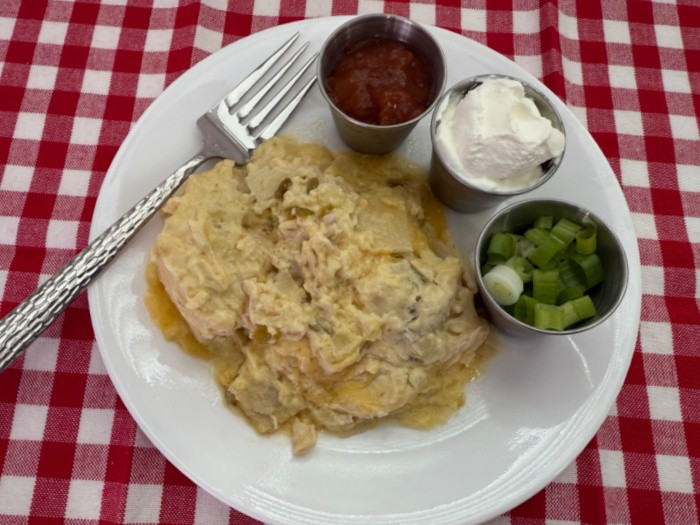
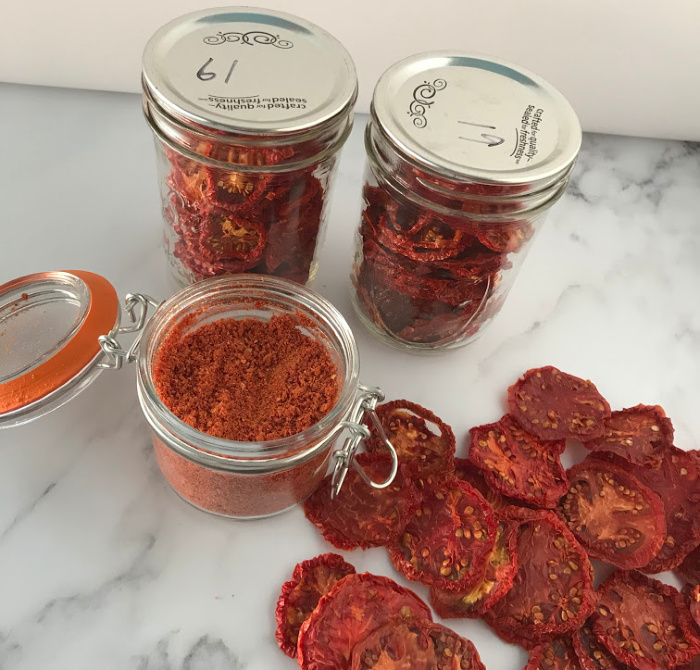
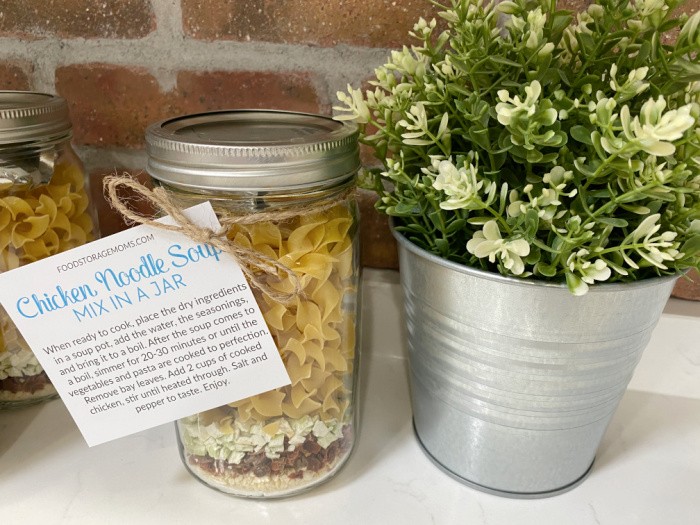
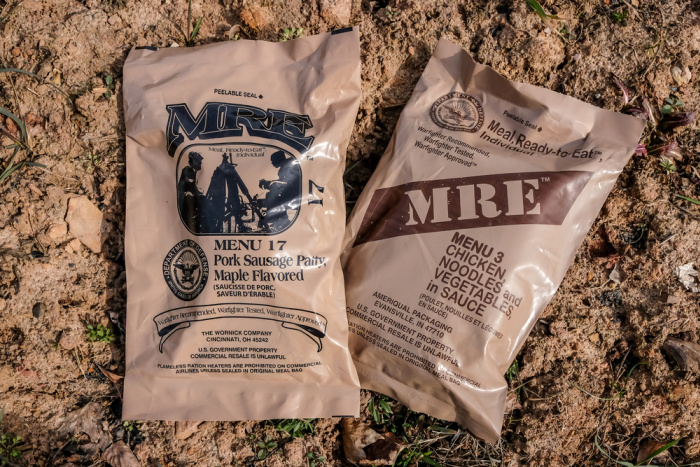
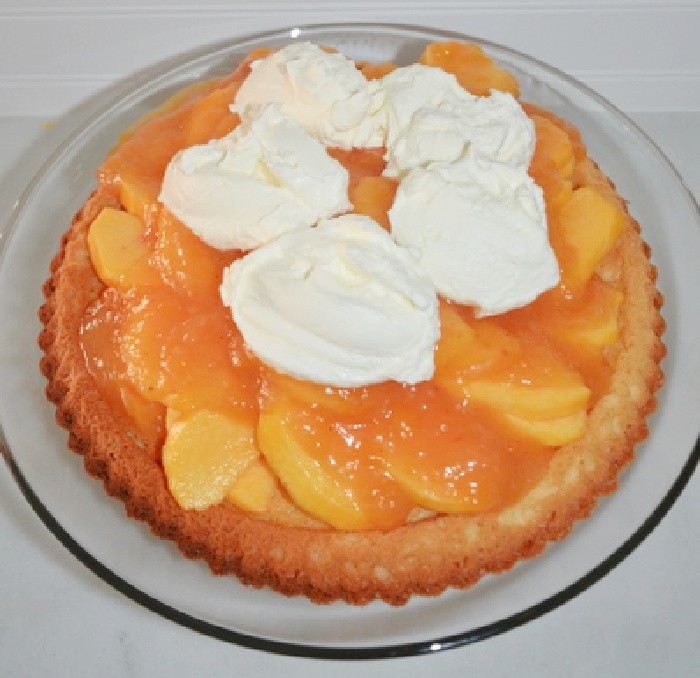
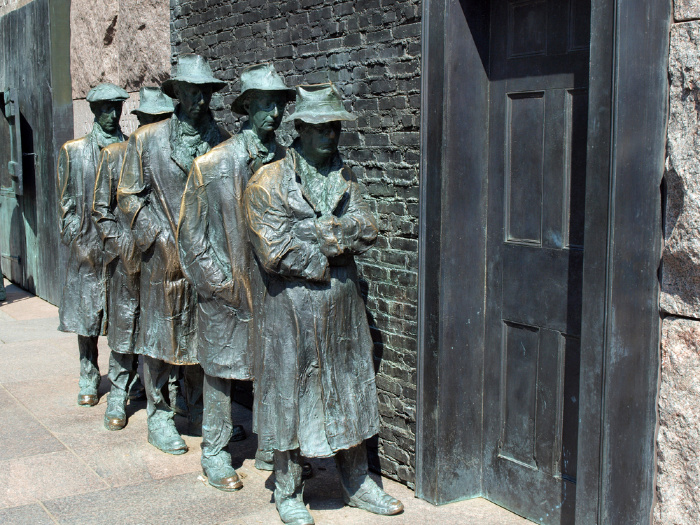
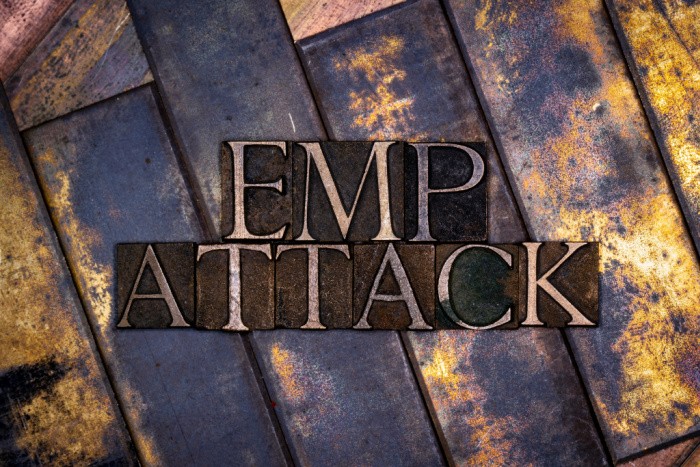
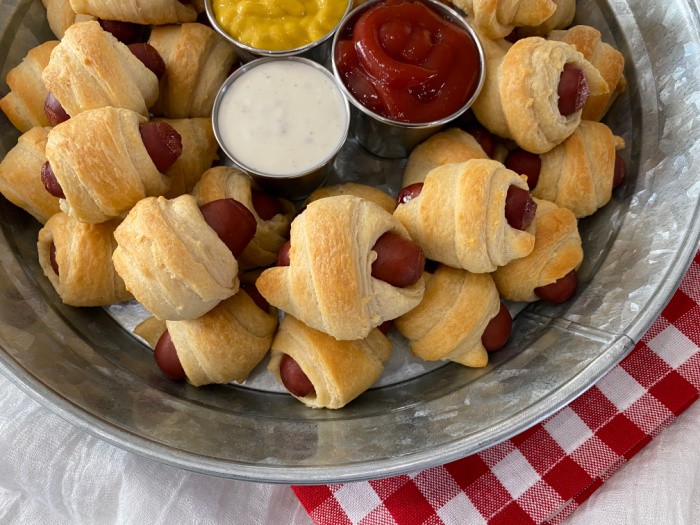
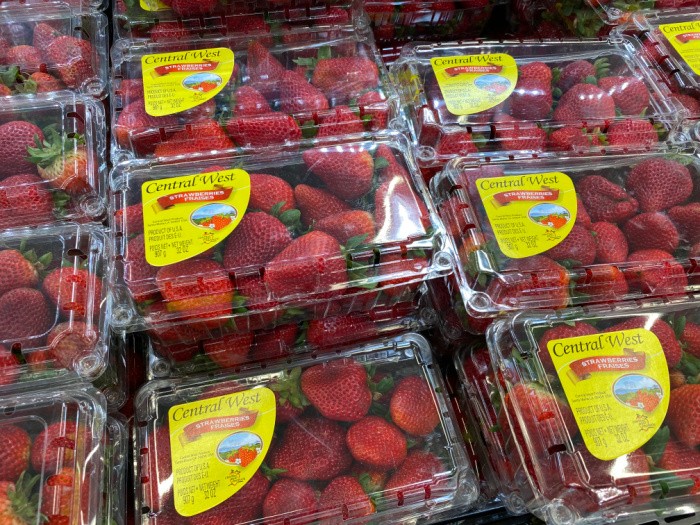
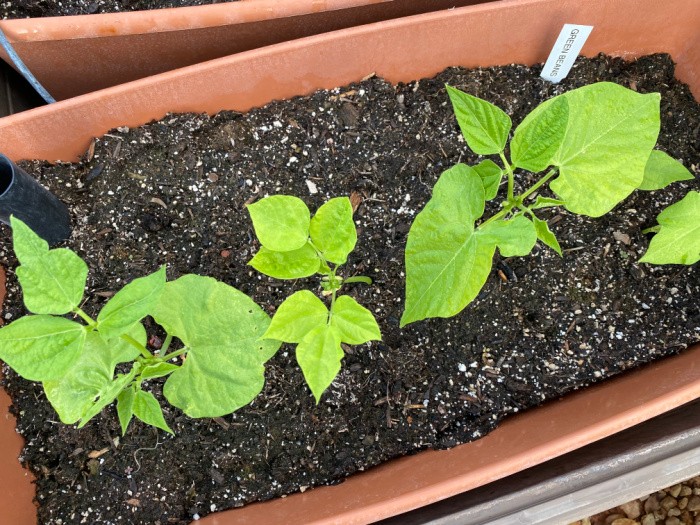

I believe I would consider myself a homesteader prepper survivalist.
Hi Eileen, I love it! Linda
I used to be a bit more of a survivalist but as I age it’s more about prepping. Largely due to an aging body and accepting it’s limitations. I’ve gone from being someone ready, willing and able to physically deal with a variety of disaster scenarios and “normal” emergencies to hoping that supplies and knowledge will be just as useful should the SHTF. Many years of easy living since my northern bush days have somewhat blunted my tolerance for discomfort but I can still (mostly!) hold up my end if it comes to it. I had pictured myself living a well set up self-sufficient lifestyle out in the boonies by now but what with one thing and another . . .
Hi Alice, you know I’m somewhat in the same boat. I always pictured myself as very strong. But as I get older, I have started to see my limitations. No one warns you about age. Yes, we saw our grandparents slow down, but at the time, I didn’t picture myself ever slowing down. Never did. Fast forward 15 years, things have opened my eyes. I can only do what I can do now. I’m grateful for my health, even with the few issues I have. Life is good, we can teach others. Linda
These are interesting distinctions, but I wonder in such uncertain times if the lines between them are becoming blurred. In the past I would consider myself more of a prepper, readying my family for short term disasters until normalcy is returned, but these days I wonder if long term normalcy is even possible any more. Preparing for short term disasters for me has morphed into what will see us through with more long term scenarios and having a self replenishing food supply, water supply, and energy sources. What is normal has shifted so dramatically in just the last year that I feel the urgency to establish as self sustaining a lifestyle as is possible on our 1/3 acre double lot in our small midwestern town. I am trying to gain and impart to my family the skills necessary for complete self reliance. It’s a massive job that I’m breaking down into smaller projects spread out over a ten year plan. Events taking shape on the world stage and within our own country frighten me, I’ll admit, but these tasks and this focus inward on the family give me the strength and steadiness needed to continue to provide for my family’s future. I am becoming an urban homesteader survivalist, I believe, with an emphasis on independent survival while staying in place.
Hi Tracy, I totally agree with you. I think we are all urban homesteader survivalists, we have to be. I have gardened well over 50 years now (I turned 70 last year) and I have an extreme urgency to garden even more. I have a small lot of .19 acres. You can grow a lot of food on 1/3 of an acre. I love hearing you have that much land. When I was younger we had 1/2 of an acre and grew all of our vegetables for a year. We canned, pressure canned, juiced, and dehydrated everything. In order to have complete self-reliance, it will take work and skill but the benefits will pay for themselves. Over the years, we cut and hauled lumber for several wood-burning stoves. It was the best feeling ever. It taught our daughters to work. Now, the cities do not let people burn in some areas. I’m afraid for our country right now as well. God help us, Linda
Hi Tracy I think I am somewhat like your line of thinking. I was raised on a farm,= plant, harvest, butcher cure, etc. Lived in St louis 10 years, back to the country, worked in the city. I am now 78 ,a widow and
my entire yard is a garden. I pressure can about half of it and share the other half. I try very hard to teach my neighbors to learn to help themselves. So many people in this day and age think the government will take care of all their problems. How sad. I will keep trying to teach them.
I don’t know but I would call myself a surviving prepper because I am still working doing what needs to be done. Thanks for the chat
Hi Margaret, you are truly an example to others! I sure hope people see that the government will not deliver food and water. You are indeed a surviving prepper. Good job! Linda
I consider myself a survivalist with a lot of stuff
I believe strongly in skills and training.
Hi Matt, you are for sure a survivalist with all your knowledge and skills, yes indeed. We all wish you were our neighbor! Skills and training are the name of the game. Linda
Interesting comparisons. I don’t disagree, but in my mind I always thought of survivalists as being people who adopted either a militaristic or primitive type of position. Mostly I see the survivalist was born out of fears of nuclear war. And TV and movies created and ingrained the image of a guy dressed in camo and driving a truck or jeep, well armed and with his headquarters or bunker or whatever he chose to call it. And there were also the guys who could go all out “mountain man” or “cave man” and survive with some primitive skills and those of a camper, hunter or pioneer.
Now I see overlapping qualities and strategies, but to avoid the negative themes applied to survivalists, many chose to be known as and identify as preppers. At least that seems to have been the move from survivalist to prepper. At first I was a little put off by “prepper” because some people were making it kind of chic, but it applied rightfully to those who practiced emergency preparedness…. which by logic and necessity, we ALL NEED to practice and be ready for bad weather and natural emergencies.
But your article takes me back to the changes in our fears and concerns and how the negative and ignorantly if not cruelly applied labels also pushed people to adopt a different approach or at least a different label. But in the end I think most of us try to adopt an approach and the methods that we can manage based on assets, budget, physical abilities and so on. Some of us specialize and others learn a little bit about a variety of things. And some of us plan how we’ll make it through an event and others have variable, more flexible plans.
If we discussed this enough we could probably break preppers and survivalists into more specific groups or types based on how they plan and what they stock and learn to do.
Hi Frank, I really just wrote this because where I live in Utah where a local church has asked their members not to use the word, prepper because it may refer to survivalists. The only reason I know this is because they asked me to talk about 72-hour kits to a group of young women close to going off to college. I thought to myself, well, I’m actually both, to be honest. I do not have all the skills a survivalist may have but I could survive just about anything. I was raised that way. So, it comes down to this, how do we describe ourselves. We probably are a little of each, maybe??? Linda
Yes, I would say that many of us stockpile food, fuels, ammunition, water, acquire gear or tools to carry out whatever functions we need to have the ability to execute and we work towards surviving any emergency thus the genres, labels and categories mean very little to us. So I think most of us are a little bit of this and that. We borrow and we combine what we know.
Breaking survival into specialties based on location, which amounts mostly to climate and topography, and city, suburb or the natural world makes it easier to digest and to approach any situation where ever we find ourselves at any time of the season. We also define the objective be it to bug out, escape and evade, camp out or to bunker down someplace with supplies.
But in the end, I think preparedness or prepping and survival is all the same. The only difference is what resources we have to use, what gear we have, what we need to be wearing and how much do we have on hand to use. And also how much can we do or knowledge and skills have we developed. We may have both high tech and low tech gear and supplies. We use what ever works and we strive to be as best equipped, safe and comfortable as possible.
Hi Frank, great comment. Here’s the deal, none of us need a “title” or “description”, my intent was to have us talk it through. I’m glad it has all of us talking to each other. In the end, it all boils down to how prepared we are. And the skills and knowledge we have gained over the years. We will survive because it’s a way of life for us. Linda
I am a prepper for sure but I have a lot of outdoor survival skills. I am not sure, however, that I would be able to sew myself up if I were mauled by a bear out in the wilderness!! Not that I am terribly squeamish but… I do know how to build a shelter; start a fire with flint and steel (the really old fashioned way) and I have flint and steel along with charcloth and tinder in a fire kit; filter water of unknown origin and make it safe to drink; know how to blaze a trail, read a compass and topo map. Those are survival skills just to name a few.
I have also been teaching my grandkids how to read a compass and map. Before COVID, we practiced by doing geocaching. Finding a cache thrills them and they are practicing compass and gps skills.
It is very important to pass any “survival skills” along to the younger generations. Teach the kids to forage and about wild edibles, how to ID them, how to prepare them, etc.
Hi Leanne, oh my gosh, I love this idea of teaching your grandkids how to use a compass and a map! I LOVE LOVE LOVE this and I’m sure they do too! The geocaching is brilliant. You have a lot of skills in survival based on your experience. Hopefully, we will never be mauled by a bear, yikes! Linda
I think at this time, I am a prepper. I have a lot of skills that I learned for fun before I knew what a prepper or survivalist were. Due to an injury several years ago, the only one of my skills that I can use now is the ability to cook over a fire. If the zombie appolypse happens, I would not be able to out walk a toddler zombie.
I am a prepper who is trying to store a year’s worth of meals in my pantry and freezers. I have learned that this is a good thing to do for emergency situations such as job loss, long hospital stays, and now pandemics. We have depended on our panty and freezer before my storing food became intentional during two job losses and a 3 month hospital stay. What we had was adequate but now it would be all we needed.
Hi Topaz, I love hearing you are trying to store a year’s worth of food in your pantry and freezers. Job losses and hospital stays and now pandemics, good job Topaz! 2020 was a crazy year, we can only hope for a better year, but I worry my optimistic ideas will not be realistic. May God help us all, Linda
It would be a good idea to cook the food First then freeze. This way the food is immediately (with defrosting) edible and doesn’t need resource eating fuel in case there is a shortage of food or that smoke will notify those whom you don’t wish. Also, unless you have a strong renewable electric source, lights out would mean the loss of uncooked food. Dehydrating some of the cooked food would make the loss of electricity and freezer and refrigerator less severe. Sometimes our “wish this didn’t happen” senarios are preparing us for the “this is really happening and we have to eat our own safe food and protect ourselves because things will not be going back to normal for a looong time” crap hit the fan reality. Good for you learning even if it’s not the way you wished! MM
Hi MM, I totally agree with you, after SHTF it will take years if ever for this country to rebuild our power grids. We only have 3 that supply the entire US. Life will never be the same if they are all sabotaged, and I believe they will be. Linda
I have never thought about the two types of people seperatly. I enjoyed your article and saw my husband and I in both groups. We have a nice stockpile of goods but believe that if an event lasted more than a year, our collection of goods would start to become somewhat bland and repetitive. Last April we purchased a little acreage. It came with a berry garden and a few fruit trees. We have planted about 20 more fruit trees of various sorts. We have a year-’round spring that comes right out of the ground and feeds a pond so we have water. We have room for a garden and plan to start gardening here in the spring with the seeds I already have. I collected heirloom seeds so that I can collect and use my own seeds year after year. I will also plant perennial vegetables such as artichokes and asparagus so that not everything we eat must be planted every year. I have a lot of canning supplies and a dehydrator so that I can preserve the things we grow in case we don’t have access to electricity. We do have a small solar panel that could run small things like the dehydrator. We purchased an old full-sized wood stove to cook with if needed and our property has wood to use as fuel. I have several books about wild food and natural medicine. We are both just as happy alone together as we are with other people. With our ability to produce our own food plus extra, we hope to use any excesses to barter with should the need and opportunity arise.
Hi Michelle, I LOVE LOVE LOVE your comment! You see why we need to prep and have acted on it. Plus you planted more fruit trees, BAM! How exciting! Good job, Linda
I’m fairly new at prepping so at the moment I’m in the process of working out exactly how much of any item I need to store. (And since I live alone there’s only my own personal preferences to be considered!) For example, I now know that a large can of coffee will last me 12 weeks, so 6 cans will give me a good year’s worth of coffee ie I don’t need to store 15 cans, which originally seemed a reasonable number. A single bag of breakfast oats will make 20 serves so 18 bags will give me breakfast for 12 months, which is more than my original guess. And neither of them will be much use without enough water and milk. It’s a work in progress. I feel like 2020 was given to us as a warning – see where the gaps are and start filling them pronto! I’m nowhere near ready right now, but a whole lot closer than I was a year ago. I’m so glad I found your site, Linda. You’re a constant source of wisdom and insight.
Hi Pat, thank you for your kind words. Here’s the deal this past year was a wake-up call for many. Even for me, I realized I only had one bottle of mustard or ketchup I can’t remember. I guess what I’m saying is even the most experienced people had loopholes in their preps. I call it a practice run. Just keep doing what you’re doing a can or bag here and there. Water is #1 so make a plan for that. We will get through this. Linda
My grandparents on both sides of my family were poor but survived the Great Depression while raising a family. Living in rural SE Kansas, my maternal grandparents had a two acre garden. Grandpa hunted and fished almost daily and ran a trap line in the winter. He was half Blackfoot and would take me hunting and fishing with him, even when I was too young to help. Since my dad was in the Marines in Korea, my mom and I lived with them my first four years. Even back then they were a blend of Survivalist and Prepper, so I hail from both worlds. I learned to hunt, fish and garden as a child and it’s carried over to my adult life. Nothing prepares you to survive emergency situations, regardless of cause or duration, like having hunting, fishing and gardening skills.
On my dad’s side of the family my grandmother was full blood Cherokee, so Native American influences were always strong in my life. Both sets of grandparents had chickens, geese and at least one milk cow. But life as a whole was more rural back then. Still, even as an adult who has lived in several big cities, I prefer living in small towns or out in the country–so that’s where I retired to. I’ve always like small town friendliness and the warm personal service from their small businesses.
I guess I’m both a Prepper and a Survivalist though I think labelling people as one group or another is a distinction without a difference.
Hi Ray, you had a great childhood, my friend! WOW WOW WOW! You learned some skills some of us never had the chance to learn. We are a product of our grandparents and parents and mentors we meet who influence us throughout our life. I was blessed o learn how to sew, quilt, can, garden, and cook from scratch from the time my feet could reach the sewing machine pedal. What a great life! Linda